
Posted on May 10, 2024
Dr Victory Sumanu, an example of resilience and dedication, recently graduated with a PhD in Veterinary Physiology from UP. Her research explores alternative options for sustainable poultry farming practices.
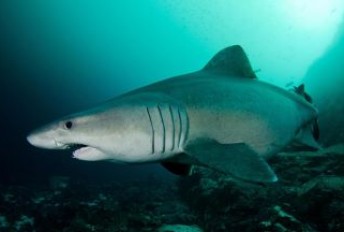
Posted on November 13, 2023
New research arising from a collaboration between scientists at the University of Pretoria (UP) and Trinity College Dublin has shown there are likely more warm-bodied sharks out there than previously thought.
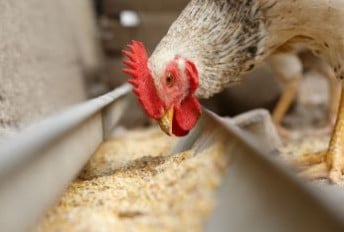
Posted on September 21, 2023
As global warming turns up the heat, ascorbic acid (vitamin C) and a probiotic added to the feed of chickens raised for meat on small-scale farms in South Africa could help them cope better with heat stress.

Posted on April 20, 2023
UP veterinary science lecturer Thembeka Mtetwa details her journey from attending public schools where there was “limited or no access to resources” to becoming a published academic and now the proud of holder of a PhD.
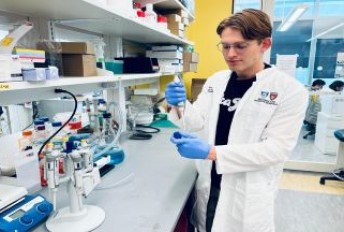
Posted on April 12, 2023
Michael Stark began his research journey in the Department of Physiology in 2019 under the supervision of Dr. Michelle Visagie and Professor Annie Joubert when he was only 19 years old. He is the first undergraduate student in the Department of Physiology to initiate his cell biology research...

Posted on October 10, 2022
Researchers at the University of Pretoria (UP) are making today matter by battling aggressive breast cancer through identifying genes that make African women more susceptible to certain forms of breast cancer. However, this is no easy task as very little genomic information is known about African...
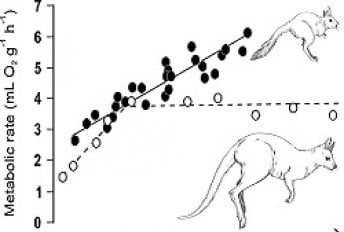
Posted on February 03, 2022
While kangaroos are distinguished for their well-developed hindlimbs which they use to hop across the Australian outback, it seems South Africa has its own unusual hopper – the springhare. A new study published in the Journal of Anatomy suggests that “the diminutive springhare is a...
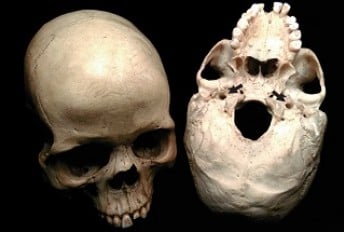
Posted on November 13, 2019
The great apes, including humans, gorillas, chimpanzees, bonobos and orangutans, are very intelligent. But how does the intelligence of living great apes, such as Koko the gorilla, compare with our 3 million-year-old relatives, such as “Lucy” the Australopithecine?
Copyright © University of Pretoria 2025. All rights reserved.
Get Social With Us
Download the UP Mobile App